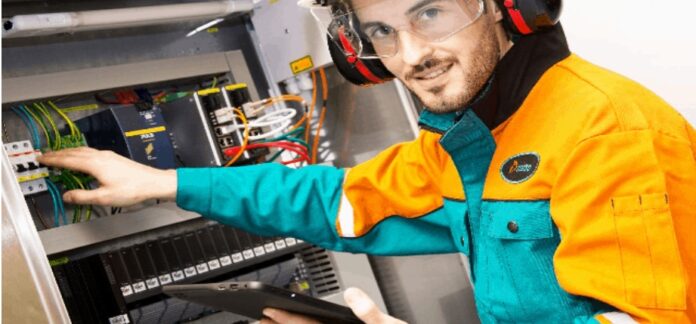Image Source: Yandex.com
Renting a property in London comes with its own set of responsibilities and considerations, particularly when it comes to gas and electrical safety. Whether you’re new to the city or a seasoned tenant, understanding these crucial aspects, including obtaining a Gas and Electricity Certificate, can ensure your living environment remains safe and compliant with local regulations.
Gas Safety Regulations
Gas safety is paramount in any rental property. In London, landlords are legally obligated to ensure all gas appliances, fittings, and flues are safe for tenants to use. Here’s what you need to know:
Gas Safety Certificates
Upon moving into a new rental property, your landlord must provide you with a Gas Safety Certificate. This document verifies that all gas appliances, such as boilers, ovens, and heaters, have been inspected by a Gas Safe registered engineer within the last 12 months. Make sure you receive a copy and check the expiry date to ensure ongoing compliance.
Carbon Monoxide Awareness
Carbon monoxide (CO) is a silent killer, as it is odourless and invisible. Gas appliances can potentially leak CO if they are faulty or poorly maintained. To safeguard against this danger, ensure that your property is equipped with a CO detector. Test it regularly to ensure it is functioning correctly.
Reporting Gas Issues
If you smell gas or suspect a gas leak, act promptly. Open windows to ventilate the area, extinguish any open flames or cigarettes, and turn off the gas supply at the metre (if safe to do so). Contact the National Gas Emergency Helpline immediately on 0800 111 999.
Electrical Safety Considerations
Electrical safety is equally vital for tenants. Here are the key points to bear in mind:
Electrical Safety Certificates
While there is no legal requirement for landlords to provide an electrical safety certificate, it is highly recommended that all electrical installations in a rental property are inspected and tested by a qualified electrician at least every five years. This helps to identify any potential hazards and ensures the safety of the wiring and appliances.
Portable Appliance Testing (PAT)
Landlords are responsible for ensuring that all portable electrical appliances provided in the property, such as kettles, toasters, and heaters, are safe to use. Although not mandatory, PAT testing can help verify the safety of these appliances and provide peace of mind for tenants.
Reporting Electrical Issues
If you experience any electrical issues, such as power outages, sparks from outlets, or malfunctioning appliances, inform your landlord immediately. Avoid attempting DIY repairs unless you are qualified to do so, as this can pose serious safety risks.
Tenant Responsibilities
As a tenant, you also play a crucial role in maintaining a safe living environment:
Regular Inspections
Regularly inspect gas appliances for signs of damage or irregularities. Report any concerns to your landlord promptly.
Proper Ventilation
Ensure that rooms with gas appliances are adequately ventilated to prevent the build-up of carbon monoxide and other gases.
Electrical Awareness
Use electrical appliances responsibly and avoid overloading sockets or using damaged cords or plugs.
Conclusion
In conclusion, staying informed about gas and electrical safety is essential for all tenants in London. By understanding your rights and responsibilities, you can contribute to a safer living environment and ensure compliance with the law. Remember, never hesitate to report any safety concerns to your landlord and prioritise your well-being at all times. By working together, landlords and tenants can create homes that are not only comfortable but also safe and secure. If you need reliable landlord safety certificates, consider contacting EICR Cert for expert assistance, If you want to stay updated with posts like this, please follow us on VENTSFORBES.


